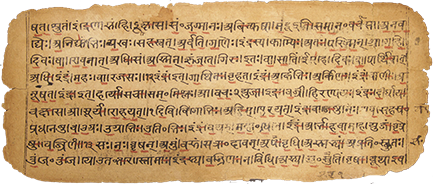Any meaningful exploration of a text requires an understanding of the context in which it was composed, by which I mean its setting – historical, geographical, cultural, social. This is especially true in the case of the Rigveda. Over the almost four thousand years since its hymns were composed, the meanings of words and phrases have been lost or forgotten. Often, we can only conjecture what a particular expression might have meant. This makes it imperative that, before we dive into the text itself, we take a look at the people who produced this magnificent work.
Keep reading with a 7-day free trial
Subscribe to Eaten by a Fish to keep reading this post and get 7 days of free access to the full post archives.




